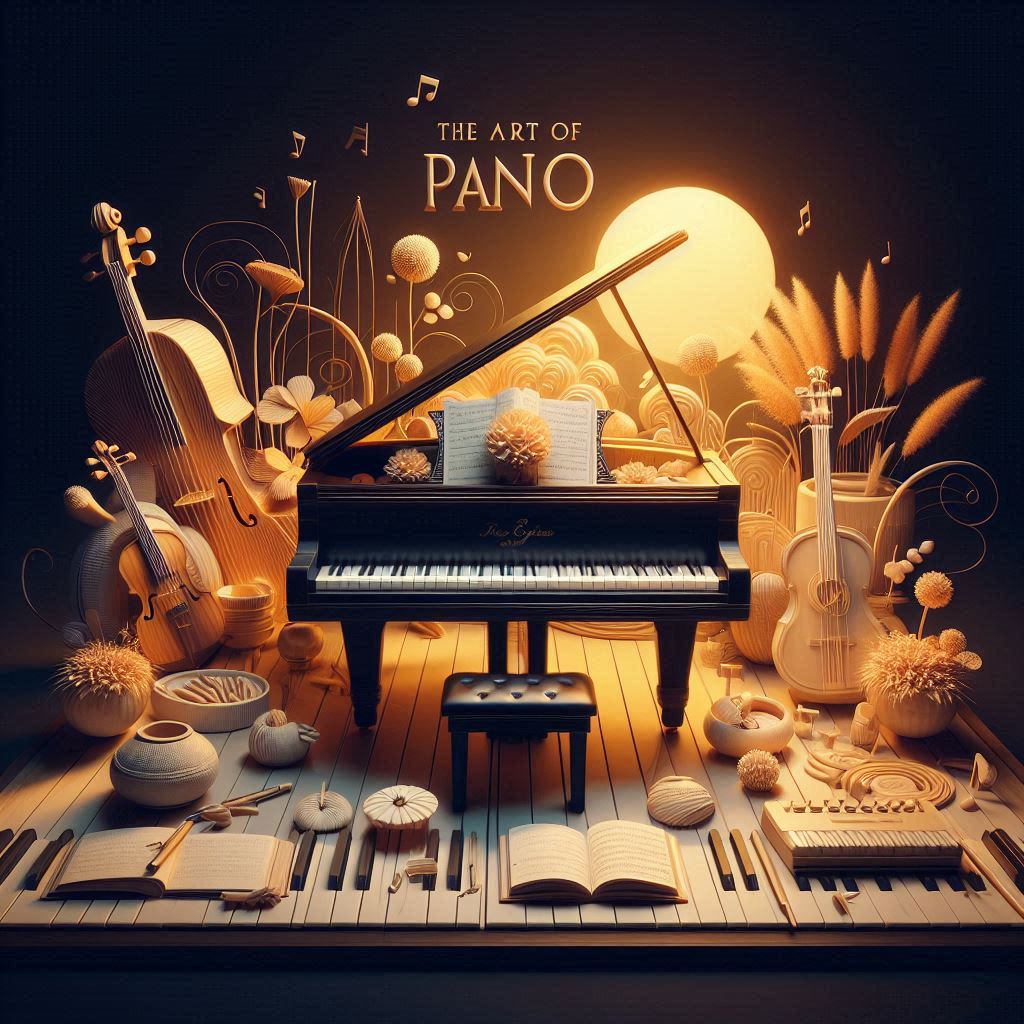Introduction
The music production landscape has undergone a dramatic transformation in recent decades, thanks to technological advancements. From the way music is created and recorded to how it is distributed and consumed, technology has revolutionized the industry. In this article, we’ll delve into the role of technology in modern music production and how it has shaped the way we create, share, and experience music.
Evolution of Music Production Technology
The evolution of music production technology has been marked by several key developments. Early recording techniques relied on analog equipment, which, although effective, had limitations in terms of sound quality and editing capabilities. The advent of digital technology revolutionized music production, making it more accessible and flexible. The introduction of digital audio workstations (DAWs) and advanced recording equipment has allowed for greater precision, creativity, and efficiency in music production.
Digital Audio Workstations (DAWs)
Digital Audio Workstations (DAWs) are at the heart of modern music production. DAWs like Ableton Live, Logic Pro, and Pro Tools offer comprehensive platforms for recording, editing, and mixing music. They provide musicians and producers with a range of tools to manipulate audio, apply effects, and arrange compositions. The intuitive interfaces and extensive capabilities of DAWs have democratized music production, enabling anyone with a computer to create professional-quality music.
Virtual Instruments and Plugins
Virtual instruments and plugins have expanded the sonic possibilities of music production. These digital tools replicate the sounds of traditional instruments and introduce entirely new sounds that were previously impossible to achieve. Synthesizers, drum machines, and sample libraries can be accessed and manipulated within a DAW, allowing for infinite creative possibilities. Plugins for effects like reverb, compression, and EQ further enhance the production process, enabling precise control over the audio output.
Advancements in Recording Techniques
Technological advancements have also revolutionized recording techniques. High-quality audio interfaces, microphones, and preamps have improved the fidelity of recordings. Mobile recording technology allows artists to capture ideas on the go, while advancements in acoustics and soundproofing have enhanced studio environments. These innovations ensure that musicians can achieve superior sound quality, whether recording in a professional studio or at home.
Impact of AI and Machine Learning
Artificial Intelligence (AI) and Machine Learning (ML) are increasingly influencing music production. AI algorithms can analyze and generate music, assisting in composition, arrangement, and even mastering. Tools like LANDR use AI to automate the mastering process, making professional-quality mastering accessible to all artists. AI-driven plugins can also suggest chord progressions, melodies, and rhythms, providing creative inspiration and speeding up the production process.
Online Collaboration and Remote Production
The rise of the internet and cloud technology has facilitated online collaboration and remote production. Musicians and producers can now collaborate with others worldwide in real-time, sharing projects and ideas seamlessly. Platforms like Splice and Soundtrap offer cloud-based DAWs and collaborative tools, allowing artists to work together without being in the same physical location. This connectivity has broadened the scope of creative partnerships and expanded the possibilities for music production.
Music Distribution and Streaming
Technology has revolutionized how music is distributed and consumed. Digital distribution platforms like Spotify, Apple Music, and YouTube have made it easier for artists to reach global audiences. Independent artists can distribute their music without the need for traditional record labels, retaining more control over their work. Streaming services have also changed the business model of the music industry, with revenue now often generated from streaming plays rather than physical or digital sales.
Marketing and Promotion Tools
Technology has provided artists with powerful marketing and promotion tools. Social media platforms like Instagram, Twitter, and TikTok allow musicians to connect directly with fans, share updates, and promote their music. Analytics tools provide insights into listener demographics and engagement, enabling targeted marketing campaigns. Additionally, platforms like Bandcamp and Patreon offer artists new revenue streams and ways to build a dedicated fan base.
The Future of Music Production Technology
The future of music production technology looks promising, with continuous advancements expected to further transform the industry. Developments in AI, virtual reality (VR), and augmented reality (AR) could create new immersive music experiences. Blockchain technology might offer new ways to manage music rights and royalties. As technology evolves, it will continue to push the boundaries of what is possible in music production, creating exciting opportunities for artists and producers.
Conclusion
The role of technology in modern music production is undeniably transformative. From digital audio workstations and virtual instruments to AI and online collaboration, technology has revolutionized the way music is created, recorded, and shared. As advancements continue, the music industry will keep evolving, offering even more innovative tools and opportunities for artists worldwide.
FAQs
How have Digital Audio Workstations (DAWs) changed music production? DAWs have democratized music production by providing comprehensive platforms for recording, editing, and mixing music, making it accessible to anyone with a computer.
What are virtual instruments and plugins? Virtual instruments and plugins are digital tools that replicate the sounds of traditional instruments and introduce new sounds, enhancing creative possibilities in music production.
How is AI impacting music production? AI is influencing music production by assisting in composition, arrangement, and mastering, and providing creative inspiration through AI-driven plugins.
What role does online collaboration play in music production? Online collaboration allows musicians and producers to work together in real-time from different locations, expanding creative partnerships and possibilities.
How has technology changed music distribution? Technology has revolutionized music distribution by enabling artists to reach global audiences through digital platforms and streaming services, often bypassing traditional record labels.
What might the future of music production technology look like? The future may include advancements in AI, VR, AR, and blockchain technology, creating new immersive music experiences and innovative ways to manage music rights and royalties.



